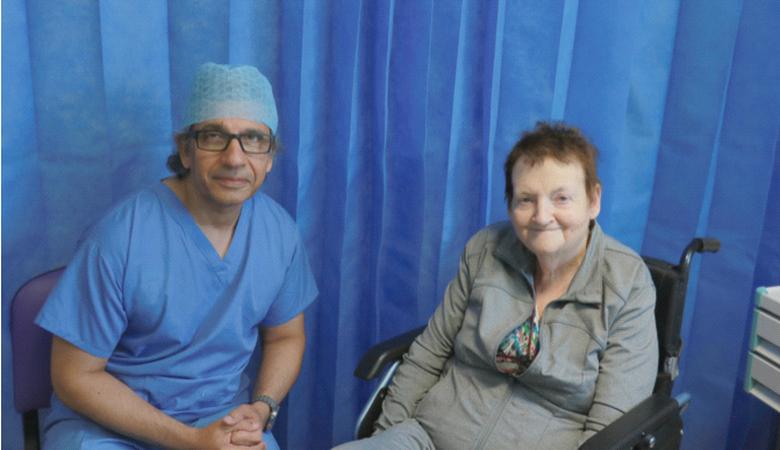-
-
Author: Our Reporter
~ 4 minutes read
UHG has become the first hospital in Ireland to introduce a new device designed to help patients suffering with heart failure better monitor their fluid levels in the body.
This procedure was carried out as part of a clinical trial led by Prof Faisal Sharif, Consultant Interventional Cardiologist at UHG.
Sheila Concannon from Spiddal also made her own piece of history, as the first patient in Ireland to be fitted with this early warning sensor which alerts medics to the patient’s condition worsening.
“Since the implant, I haven’t had to travel to hospital as often as I used to and it takes just a couple of minutes to do my readings and saves me so much time instead of coming all the way to hospital,” she said.
“I can’t even feel the device is there which is great. I am very thankful to Dr Sharif and his team for all their continued help and support.”
Over 10,000 new cases of heart failure are diagnosed annually in Ireland, it is a significant public health priority with patients requiring frequent hospitalisations.
Patients with heart failure are commonly advised to closely monitor signs of swelling and other symptoms like fatigue, shortness of breath and chest pain.
Despite these measures, many patients end up back in the hospital within months after a heart failure hospitalisation, often due to fluid build-up in the lungs.
This new sensor directly measures the volume of fluid build-up allowing cardiology teams to monitor patients remotely, which can help avoid unnecessary visits to hospital.
The device gives clinicians access to real-time information about their patient’s heart health which in turn results in more rapid interventions.
Prof Sharif, Consultant Interventional Cardiologist at UHG, said that the procedure was very straightforward and is carried out as a day case operation.
“The sensor is implanted using a small catheter which is placed in a vein at the top of the leg. It is collapsed on entry so it can be pushed up into the inferior vena cava (IVC), which carries oxygen-depleted blood back to the heart,” he said.
“The sensor is then expanded to its full size where it continuously measures the size of the IVC, which signals the amount of fluid in the body. High levels can increase the risk of breathing difficulties and a build-up of fluid in the lungs which can lead to an emergency hospital admission,” added Prof Sharif.
After surgery, patients are provided with a detection belt worn across the stomach for one to two minutes a day which powers the implanted sensor using radiofrequency energy.
Data is sent daily from the patient’s home to the heart failure team here in the hospital and this will alert the team to early warning signs so they can intervene before the patient’s condition worsens.
“Traditionally we’ve relied on a patient describing symptoms, and by then they may have already progressed to the point of hospitalisation,” said Prof Sharif.
“Now we are getting crucial information about how the patient is doing and we can get it while they are at home. The device foretells of a fluid overload in the body 14 days before the patient has any symptoms so action can be taken to prevent the symptoms of shortness of breath, swelling of the legs and prevent hospital admission.
“Clinicians are alerted if readings are elevated beyond the thresholds. Common interventions in response to evidence of fluid build-up include review of medication and increased dosage of diuretics to reduce fluid retention, prescriptions are emailed to the patient’s local pharmacy.
“We would also have regular remote consultations with the patient if we observe any elevation in the readings. The device encourages clinicians to adjust medications earlier and prevent complications from escalating.
“This is another major enhancement to patient care. Our aim is to reduce hospital readmissions and hospital visits by helping our patients and clinicians monitor for early signs of fluid build-up and intervene before a patient becomes unwell,” he added.
Pictured: Prof Faisal Sharif, Consultant Interventional Cardiologist at UHG and history-making patient Sheila Concannon.
For more, read this week’s Connacht Tribune:
Connacht Tribune Digital Edition App
Download the Connacht Tribune Digital Edition App to access to Galway’s best-selling newspaper. Click HERE to download it for iPhone and iPad from Apple’s App Store, or HERE to get the Android Version from Google Play.
Or purchase the Digital Edition for PC, Mac or Laptop from Pagesuite HERE.
Get the Connacht Tribune Live app
The Connacht Tribune Live app is the home of everything that is happening in Galway City and county. It’s completely FREE and features all the latest news, sport and information on what’s on in your area. Click HERE to download it for iPhone and iPad from Apple’s App Store, or HERE to get the Android Version from Google Play.
More like this:
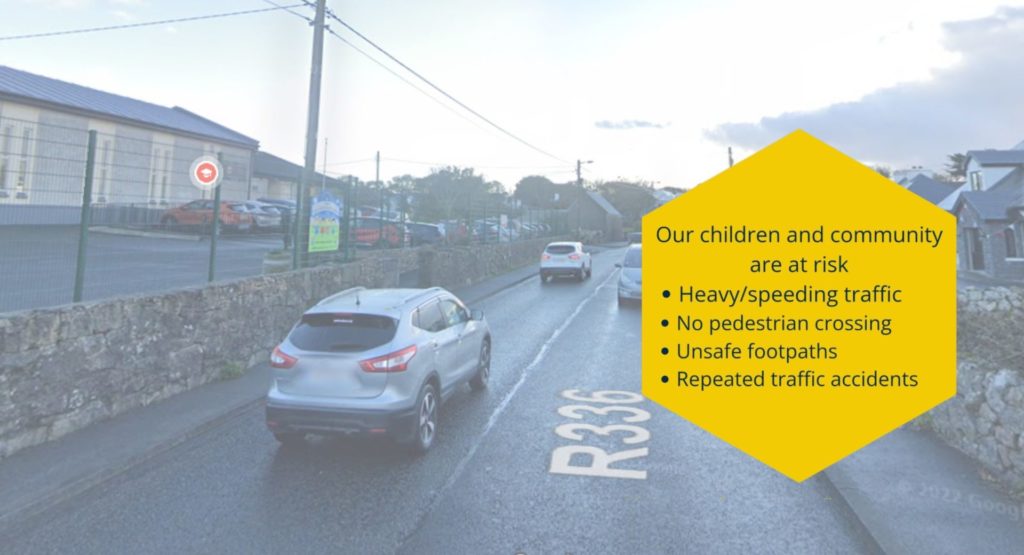
Walking protests in four areas of Connemara's R336 in next hour over 'lethal' road conditions
This article first appeared on Galway Bay FMWalking protests are to take place along four areas o...
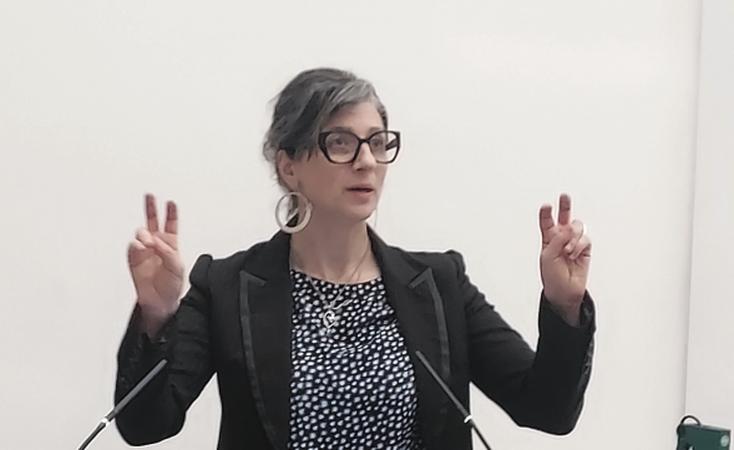
‘More than talk needed’ from Ireland on Gaza
By Ciaran Tierney The UN Special Rapporteur on the occupied Palestinian territories urged ordi...
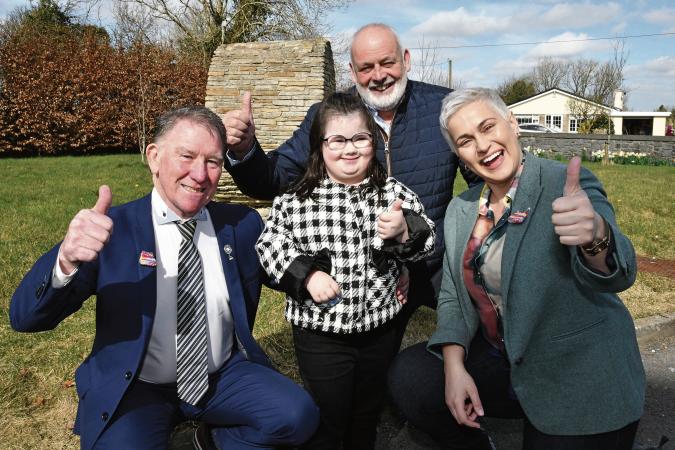
Political trio undertake day-long fact-finding mission to North Galway town
A political triumvirate of a Government TD, an MEP and a local councillor embarked on a tour of a...
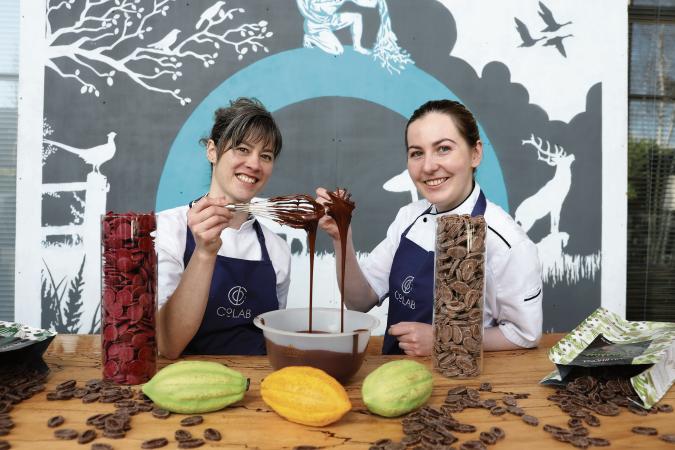
Two Galway pastry chefs set to compete in Irish Pâtisserie Championship Finals
Two talented pastry chefs from Galway have made it to the finals of the Irish Pâtisserie Champion...

Contracts signed on transformative social housing development in Ballinasloe
This article first appeared on Galway Bay FMContracts have been signed on a transformative social...

Local clubs meet with Sports Minister over lack of funding for facilities across city
This article first appeared on Galway Bay FMA range of local sports club have met with the Minist...
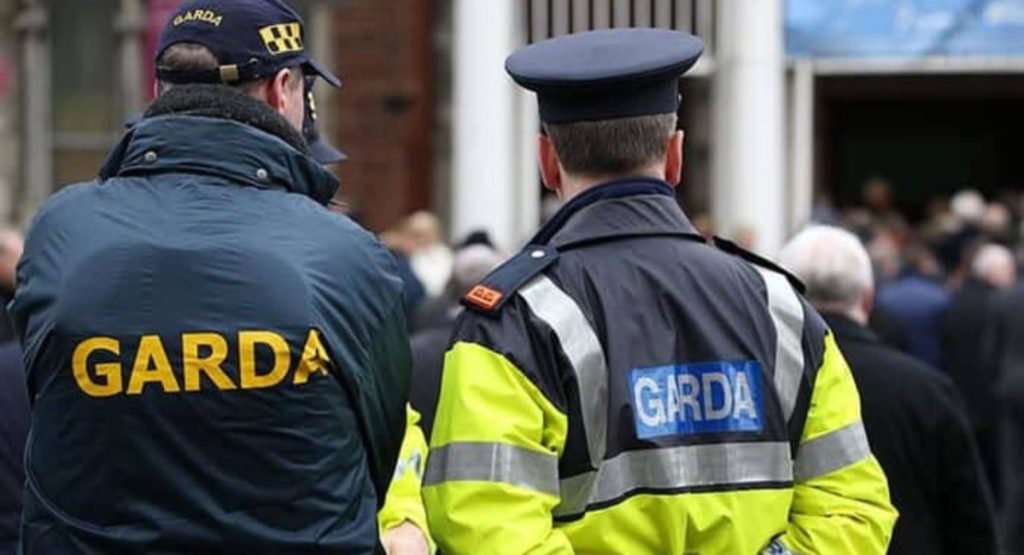
Gardaí investigate hit and run damage to vehicle travelling on the Curragh Line
This article first appeared on Galway Bay FMGardaí are investigating hit and run damage to a vehi...

County Council to launch new modern website this summer
This article first appeared on Galway Bay FMGalway County Council has revealed it intends to laun...
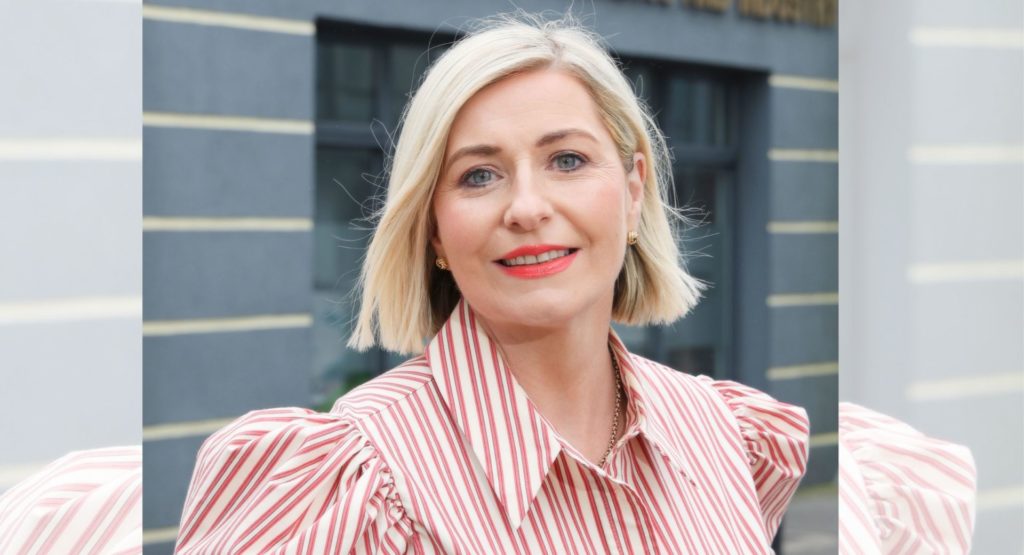
Galway Chamber appoints Karen Ronan as new CEO
This article first appeared on Galway Bay FMKaren Ronan has been appointed the new Chief Executiv...
Sign Up To get Weekly Sports UPDATES




